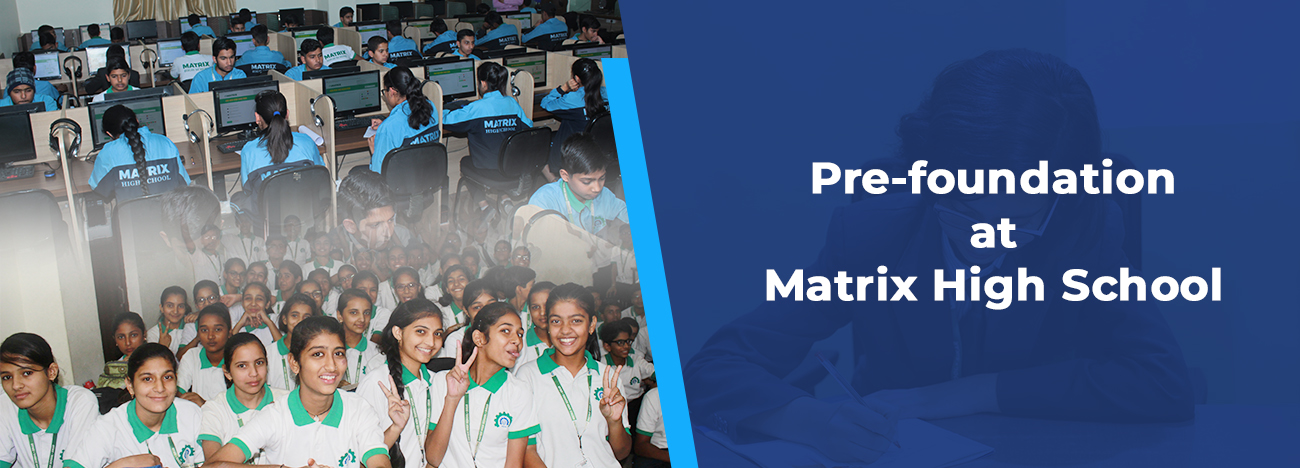
NEET 2025: What’s the Syllabus I Need to Study?
March 15, 2025
Can I Crack JEE Main Without Coaching?
March 17, 2025What is the difference between JEE Main and Advanced? Designed by the National Testing Agency (NTA), the Joint Admission Examination (JEE) is an engineering admission exam that enables many Indian students to attend studies in a reputable engineering university.
Two sections make up the JEE: Those who pass the JEE Main test are qualified to attend the next phase of JEE Advanced. This blog will define the distinctions between JEE Main and Advanced.
Difference And Clearly Explained Variations In The Exam Pattern
The JEE Main test has three sections. Exam patterns can be found on the official website, and students should confirm the curriculum throughout their preparation. Candidates must assess the test duration, the language used, and the quantity of questions on the paper.
By contrast, the JEE Advanced test is split in half. Students should review the prior year’s tests, as the exam format has changed.
Qualification
JEE Main: Candidates should have completed class 12 or be appearing in class 12 or should have taken the equivalent test last year and may apply for JEE Main.
JEE Advanced: Candidates either sitting for the test in the current year or those who passed the class 12 exam last year are also eligible.
Age Restriction
JEE Main Main: Applicants are not limited in age when appearing for JEE Main 2022. Any candidate who completed class 12th or equivalent in the current year, like 2020, 2021, or 2022, may register for JEE Main 2022.
JEEP Advanced—Students in the General category should have been born on October 1, 1996, or later. Candidates of SC/ST/PWD with five years of experience get a relaxation.
Variations in Syllabus
The JEE Main curriculum comprises physics, chemistry, and mathematics courses from CBSE Class 11 and 12. JEE Main is not included in the JEE Advanced curriculum but emphasizes concepts such as sets, relations, functions, statistics and probability, and trigonometry.
Conversely, JEE Advanced adds subjects beyond the curriculum for Class 11 and Class 12. This variation emphasizes the material needs for every test, leading students towards successful preparation depending on their specific JEE Main and JEE Advanced aims.
| Criteria | JEE Main |
| Total Number of Attempts | 3 (Attempting all two sessions of the same year is counted as 1) |
| Language | English, Hindi, and Gujarati |
| Eligibility Criteria | 12th class from a recognised government school |
| Conducting Authority | National Testing Agency (NTA) |
| Total Number of Papers | 3 |
Conclusion
Adequate preparation depends on knowing the primary variations between JEE Main and JEE Advanced. From qualifying requirements to exam patterns, syllabus material, number of tries, and even language choices, every element differs significantly between the two tests. Each applicant’s path depends on the conducting authority and the variations in the qualifying criteria.
Knowing the different criteria of JEE Main vs. JEE Advanced will help you map success as you pursue these esteemed engineering admission tests. Prepare carefully, set lofty goals, and welcome the obstacles leading to a bright engineering future.
Some of the top coachings in sikar:


